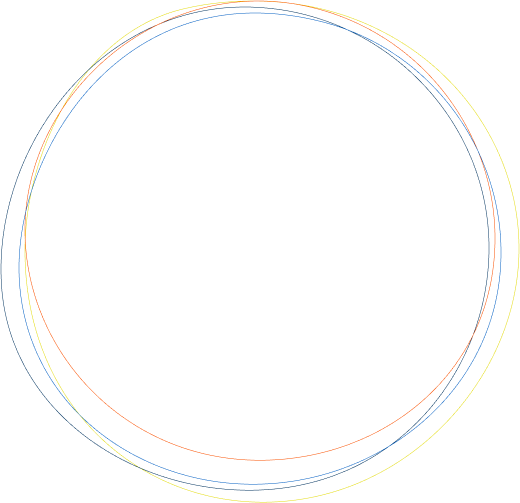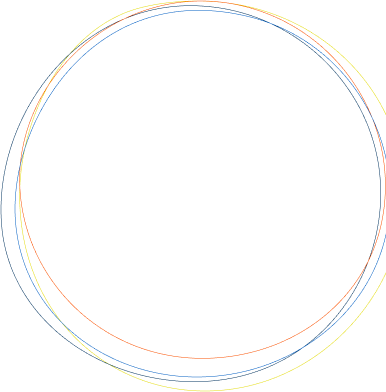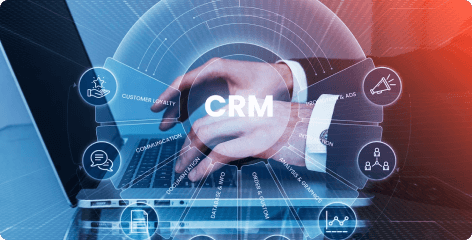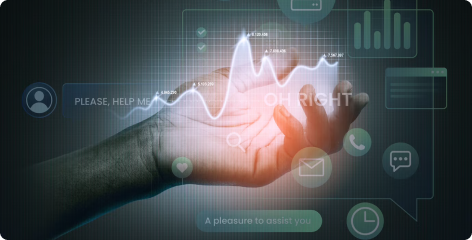Centralized Patient Database
A centralized patient database is a critical component of any medical CRM solution. It provides a unified platform for storing and managing patient data, thereby simplifying access and information sharing across a healthcare organization. Typically, this is achieved via cloud technology, which not only guarantees immediate data access but also ensures data security
Patient Management
Healthcare CRM solutions securely store comprehensive patient data, including demographics, contact details, insurance and billing information, appointment history, and more. This data can be swiftly accessed, edited, and disseminated by medical personnel at any time and from any location, promoting data consistency and accuracy, enhancing communication, and eliminating the need for patients to fill out forms during each visit
Team Management
Healthcare CRM software streamlines not only patient management but also staff coordination. It facilitates the orchestration of work across various teams and departments, task assignment, progress monitoring, and alerts staff about impending training or events. Enhanced performance oversight and effective cross-departmental communication contribute to superior patient care
Analytics and Reporting
Healthcare CRM leverages data related to patient service, sales, marketing, and other activities to provide insights that are essential for successful hospital operation. For instance, it can help identify factors impacting the conversion rate, evaluate the success of marketing campaigns, determine the most effective acquisition strategies, and track sales rate
Sales and Marketing Automation
Contemporary healthcare CRM solutions aid in planning, executing, and evaluating marketing campaigns across various channels. They not only offer useful analytics but also segment patients based on demographics, health concerns, etc. Furthermore, they identify patients likely to require specific healthcare services. Thus, marketers can craft targeted marketing campaigns and engage with patients who are most likely to need a particular service
Document Management
Healthcare CRM ensures well-organized document storage. Documents in diverse formats are securely stored and easily retrievable. A wide array of built-in templates for invoices, certificates, and other documents is also available, greatly simplifying workflows, reducing paperwork, and trimming operational expenses
Referral Management
Healthcare CRM provides detailed insights into a patient’s journey, enabling the automatic setup of referral appointments, the dispatch of check-up reminders, and follow-up on subsequent steps. Moreover, this data can be securely shared among healthcare professionals, hospital departments, or hospital facilities
Patient Portal
A CRM system may also empower patients to access their health data, schedule doctor appointments, communicate with healthcare professionals via chat, and find extensive information that can answer most of their queries
Feedback
Healthcare CRM systems automatically dispatch feedback forms to gather patients’ opinions on healthcare specialists, services provided, administrative processes, etc. This is an effective approach to identify a healthcare facility's strengths and weaknesses and implement corresponding measures that would enhance its performance, reputation, and profitability





































